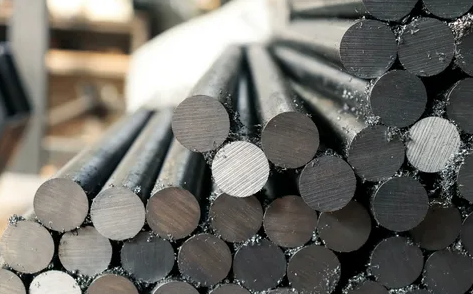S. federal government announced a work stoppage after Congress failed to pass an appropriations bill for fiscal year 2026. The shutdown, triggered by partisan disputes over the level of federal spending, cuts in foreign aid, and subsidies for health insurance, which caused widespread government disruptions, began to affect construction and contractors across the country.
Among the sectors that have been affected the most is construction, where projects funded from the federal budget are postponed, suspended or left without permits to pay. According to media reports, warning that the shutdown could damage construction projects, the Association of General Contractors of America (AGC) called on Congress to pass a "clean continuing resolution" that would allow infrastructure and public works projects to continue. According to AGC, fixed-price contracts that have already been concluded are unlikely to face serious disruptions as a result of closure.
The ongoing closure affects not only direct federal contractors, but also state and municipal projects that depend on federal grants or permits. Infrastructure agencies, including the Army Corps of Engineers, have scaled back some projects. The U.
S. Army Corps of Engineers will suspend the implementation of lower-priority projects worth more than $11 billion in cities such as New York, San Francisco, Boston and Baltimore due to work stoppages.
Meanwhile, the White House said the shutdown would lead to the layoff of thousands of federal employees. The total number of abbreviations may exceed 10,000. However, a federal judge temporarily blocked the administration of the planned dismissals.






